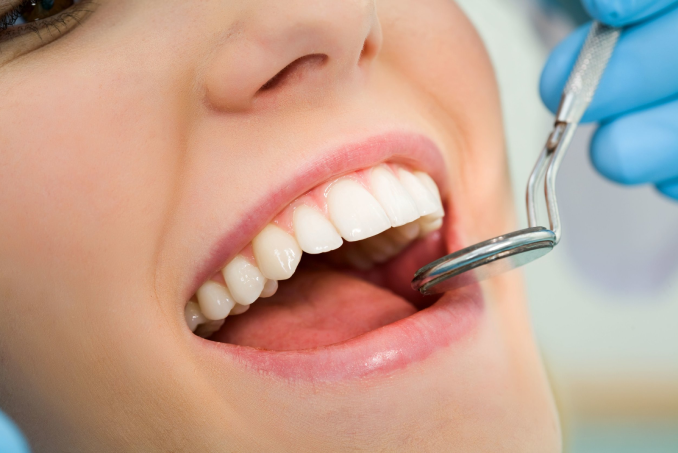The Key Reasons Why Should Choose An Oral And Maxillofacial Surgeon
The Key Reasons Why Should Choose An Oral And Maxillofacial Surgeon
Blog Article
Trusting any sort of surgical procedure to a doctor you are not familiar with is a decision that ought to never to be studied lightly.
An oral and maxillofacial surgeon is a formally trained healthcare specialist. All dentists, whether are general or specialists, spend eight years in undergraduate college and dental school earning a DDS or DMD degree. A dental and maxillofacial surgeon spends yet another four to six a lot of advanced training after dental school, inside a hospital-based environment. Following dental school, oral surgeons complete a a minimum of 4 years in hospital-based surgical residency programs, where they train alongside medical residents in internal medicine, general surgery, and anesthesiology, while also spending time in emergency medicine, benh vien rang ham mat, and otolaryngology. Their training focuses almost exclusively for the bone, skin and muscle from the face, mouth, and jaws. Additionally, some oral surgeons, obtain a medical degree (MD) along with dental doctorate(DMD).
Once used, a verbal surgeon makes a speciality of performing surgical treatments. These procedures add the following: complicated teeth extractions, dental implant placement, repair of brittle bones in the jaws and face, removing cysts and tumors of the jaws, cosmetic and TMJ surgeries, soft tissue biopsies, jaw realignment surgery to improve bite discrepancies.
Some community-based oral surgeons may choose not to perform more complicated operations in their or her daily practice. However, its most likely any dental surgery procedure performed occasionally by the general dentist is performed routinely by a dental surgeon; this translates into statistically better patient outcomes. The connection between a recent survey published inside the Journal in the Ada show that dental implant survival and success rates in oral and maxillofacial surgery practices are significantly more than identical procedures completed by general dental practices.
Through extensive surgical training, oral surgeons will also be confronted with a wide range of complications that could arise from performing the many dental surgeries. While an over-all dentist can experience comfortable after a dental surgery procedure on you, exactly the same dentist may well not feel relaxed managing complications arising from that procedure. An oral surgeon will be capable of either avoid or manage the complications that arise coming from a surgery he / she performs.
Licensed dentists can choose to do any dental procedure in which they may be comfortable. However, it can be a hardship on general dentists to continue feeling competent with all dental surgeries, many of which they've got had only restricted experience of of their dental schooling. Reputable dentists will treat exactly the conditions which they are comfortable and will refer you to a specialist for anything more complicated.
In the end, your decision to see an oral surgeon is based partially on the recommendation from your general dentist but also on your confidence in knowing that you happen to be seeing a person that performs the method you may need daily. By selecting a residency trained oral and maxillofacial surgeon, you might be opting to see somebody who has undergone an extensive specialty program and has experience performing the method you will need and experience with treating potential complications that could arise.
CONDITIONS AN ORAL SURGEON SHOULD TREAT
In the same way you will not ask your household doctor to do heart surgery, there are certain procedures that ought to just be done by oral surgeons, who may have extensive education, training, and surgical expertise.
Perform complex tooth extractions, including removing impacted teeth, including wisdom teeth.
Evaluate, plan a training course of treatment make teeth implants to exchange one or more teeth.
Surgically reconstruct inadequate bone structure inside the jaw area.
Treat accident victims who are suffering head or neck trauma together with injuries on the face, jaws, mouth and/or teeth.
Treat patients with tumors and cysts with the jaws.
Diagnose and treat oral cancer along with other diseases from the maxillofacial region.
Perform facial benh vien rang ham mat tp hcm procedures to boost countenance.
Diagnose and treat facial pain because of conditions like TMJ (temporomandibular joint disorder).
Diagnose and surgically treat osa.